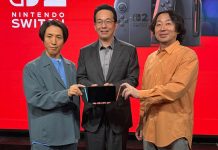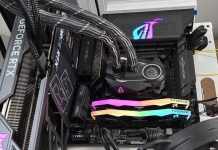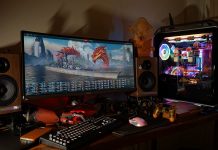In contrast to Microsoft, Sony has already launched a more powerful mid-generation version of the PlayStation 5. Xbox did things a little differently by simultaneously launching both the Xbox Series S and Xbox Series X, which differ in terms of performance. Analyst Mat Piscatella has just revealed via BlueSky that the PlayStation 5 Pro is currently less popular than the PlayStation 4 Pro and is selling less, although this statement applies to the US market.
If production figures do not match sales figures, this could be an issue for Sony since the potentially high stock levels may either motivate retailers to reduce prices or result in lower orders and thus higher storage costs for Sony. On the other hand, this is unlikely to pose a strategic problem for Sony because, despite the lack of precise, up-to-date figures on the number of consoles sold, it still dominates the current console generation in terms of sales figures, and Sony is likely to have already sold twice as many PS5 models as the Xbox Series X and Xbox Series S, which may make it increasingly untenable for Microsoft to hold on to Xbox exclusive titles.
Furthermore, it is not exactly easy to get a clear or detailed comparison between the sales figures for the PlayStation 5 Pro and PlayStation 4 Pro: The PlayStation 4 Pro was offered for an inflation-adjusted price of around 500€, while the PlayStation 5 Pro currently costs 750€ on Amazon. The PlayStation 4 Pro costs 100€ more than the PlayStation 4, while the PlayStation 5 Pro and PlayStation 5 were at least 300€ apart at launch, and the Pro version of the PlayStation 5 does not come with a disc drive.
I have been active as a journalist for over 10 years, most of it in the field of technology. I worked for Tom’s Hardware and ComputerBase, among others, and have been working for Notebookcheck since 2017. My current focus is particularly on mini PCs and single-board computers such as the Raspberry Pi – so in other words, compact systems with a lot of potential. In addition, I have a soft spot for all kinds of wearables, especially smartwatches. My main profession is as a laboratory engineer, which is why neither scientific contexts nor the interpretation of complex measurements are foreign to me.
Growing up in regional Australia, I first became acquainted with computers in my early teens after a broken leg from a football (soccer) match temporarily condemned me to a predominately indoor lifestyle. Soon afterwards I was building my own systems. Now I live in Germany, having moved here in 2014, where I study philosophy and anthropology. I am particularly fascinated by how computer technology has fundamentally and dramatically reshaped human culture, and how it continues to do so.






































